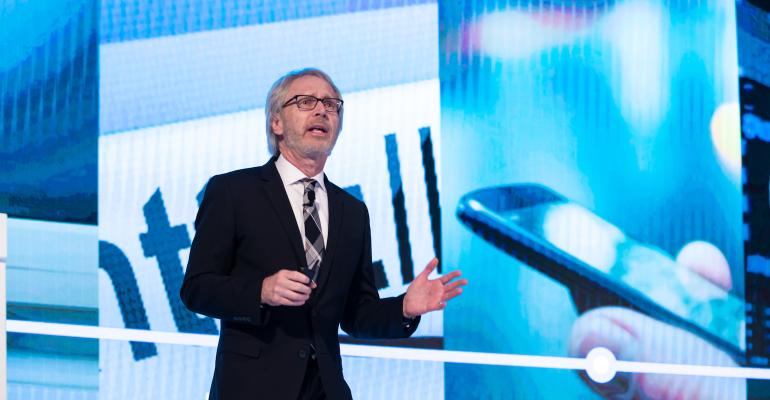US. Why Intelligent Aging Should Be Healthcare’s Moonshot
Tom Lawry is the National Director for Artificial Intelligence, Health and Life Sciences at Microsoft.
“It’s not how old you are, it’s how you are old.” – Jules Renard, French author.
It was the summer of 1965 when Medicare was signed into law, guaranteeing that the federal government would manage the provision and cost of medical care for all seniors. In doing so, President Lyndon Johnson proudly declared: “No longer will older Americans be denied the healing miracle of modern medicine. No longer will illness crush and destroy the savings that they have so carefully put away over a lifetime.”
As the country’s then 19 million seniors celebrated, little note was taken of the nearly 70 million children who were part of a generation that would come to be known as the “baby boomers.” A nation of people once very young is today growing older by the minute. In fact, every day, about 10,000 baby boomers turn 65.
In 2019, Medicare covered about 63 million beneficiaries. This is expected to swell to over 80 million beneficiaries by 2030. As this tectonic demographic shift happens, there is another essential fact to consider: On average, those 65 and older consume five times more health resources than those under 65.
Caring for aging boomers will likely stress the economic well-being of the working-age population. The number of tax-paying workers per Medicare beneficiary fell from 4.6 during the program’s early years to 3.1 in 2015 and the trend downward continues: This number is expected to be 2.3 by 2030.
Read More @Forbes
334 views










